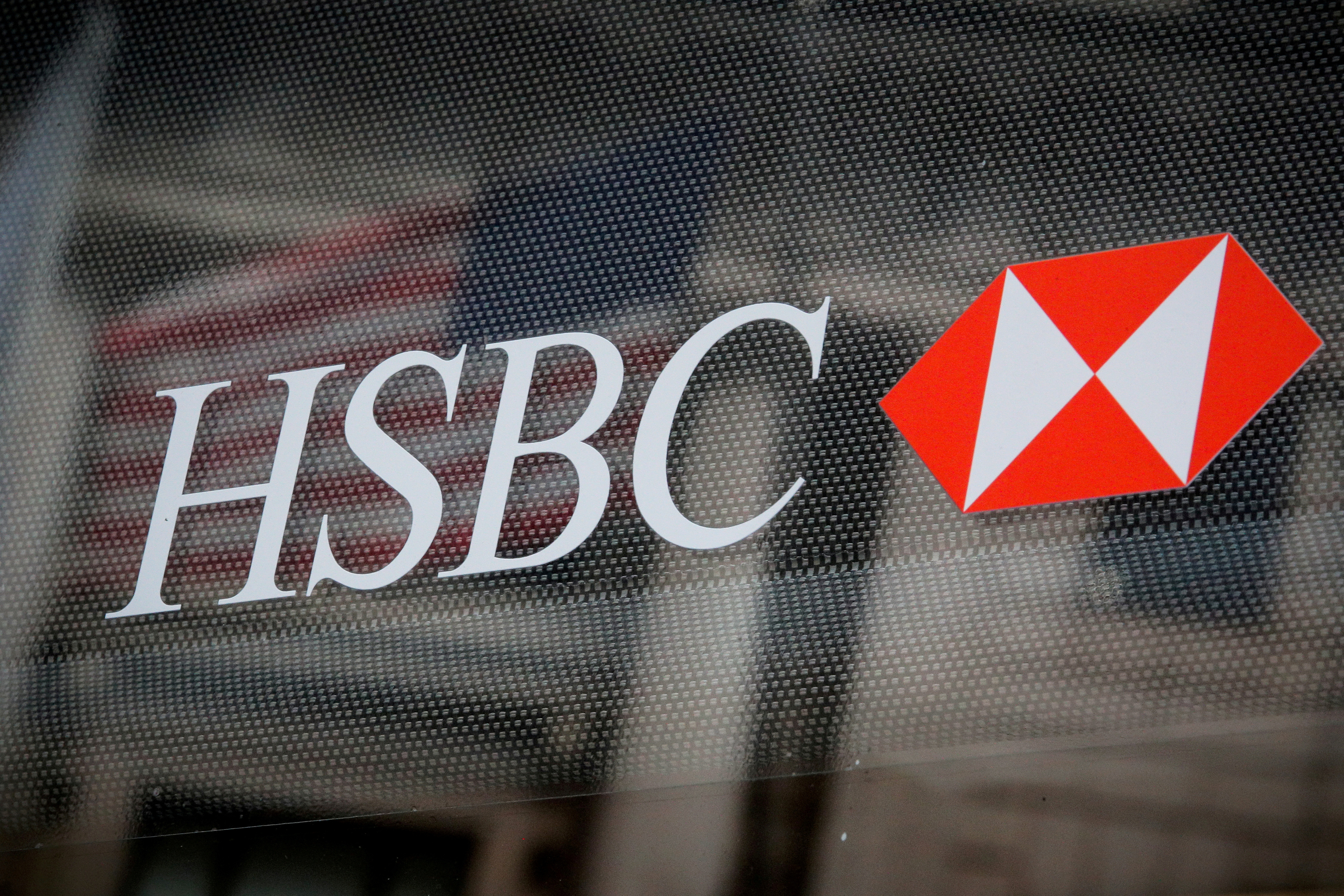Summary
- Q4 pretax profit $5.2 bln, exceeds analyst estimates
- Return on equity target not raised, Hong Kong shares fall 2.1%
- Special $0.21/share dividend once Canada asset sale complete
- Fresh share buybacks to be considered in Q1 2023
- ‘No let-up on costs’ – CEO; $300 mln loss from Russia ops sale
HSBC (HSBA.L) muted investors’ projections of a sustained income windfall from increasing global interest rates, even after Europe’s largest bank posted a 92% surge in quarterly profit and promised more regular dividends and share buybacks.
The London-headquartered bank (HSBA.L) announced on Tuesday it would payout a special dividend of $0.21 per share, from the revenue of the $10 billion sale of its Canada business. Despite the payout pledges, however, the lender’s shares dropped 2% in Hong Kong as investors reviewed income forecasts that analysts regarded moderate against an environment of soaring rates.

With its $1.3 trillion in customer deposits, HSBC profits more than many smaller banks from central bank increases that enable it to charge a larger margin on its loans and mortgages.
The bank however said it forecast net interest income to be at least $36 billion this year, shy of $37 billion forecasts and a $38 billion annualized figure analysts determined from its latest quarterly numbers.
Chief Executive Noel Quinn told Reuters the cautious forecasts were partly caused by pressure from competitors to lift rates on deposits, among other factors.
“We are comfortable with the consensus being around $37 billion, we are not looking to move that,” Quinn said.
HSBC has been working to strengthen its investor relations after facing pressure from its largest shareholder, Ping An Insurance Group, to split off its Asian business to increase returns, a strategy HSBC has disapproved of.
The Asia-focused bank, which regards Hong Kong as its largest market, also said it will resume paying quarterly dividends this year, and would put forward the consideration of fresh share buybacks to the first quarter of this year.
HSBC’s London-listed shares, currently trading at a record high in about three and a half years, have recovered 45% from October last year’s lows when a fall in quarterly profit and a sudden change in its chief financial officer shocked investors and sent its shares diving 7%.
Since Quinn took office in March 2020, just as the COVID-19 pandemic swept the globe, the shares have climbed 25%, still underperforming a 50% gain in the broader market. So far this year, the stock has gained 20% against a 7% jump in the FTSE index (.FTSE).
HSBC’s conservative outlook mirrored that of British rival NatWest (NWG.L), which cautioned last week that profit generated from soaring interest rates may have peaked.
‘No Easing Off’
Quinn, who is overseeing a programme of layoffs intended at stripping out layers from the bank’s bloated management structure, said more was to come.
“There will be no easing off at all on costs … We are now considering up to $300 million of additional costs for severance in 2023,” he said.
HSBC posted pretax earnings of $5.2 billion for the December quarter, up from $2.7 billion the previous year and more than the $4.96 billion average estimate of analysts compiled by the bank.
Buy Bitcoin NowHSBC said annual expected credit losses increased to $3.6 billion, above the $3.2 billion analysts had estimated, because of rocketing inflation pressuring borrowers and persistent problems in China’s property market.
But Quinn told Reuters the outlook for the sector had brightened in January, in part because of policy measures aimed at buoying up the sector.
Despite the fourth-quarter rally, annual profit dropped to $17.5 billion from $18.9 billion a year earlier, owing to an impairment of $2.4 billion linked to the sale of its retail banking operations in France. That was similar to the $17.5 billion average forecast of 22 analysts compiled by the bank.
In the meantime, HSBC said it still wants to finalize the sale of its Russia business in first-half this year, taking a $300 million loss.








